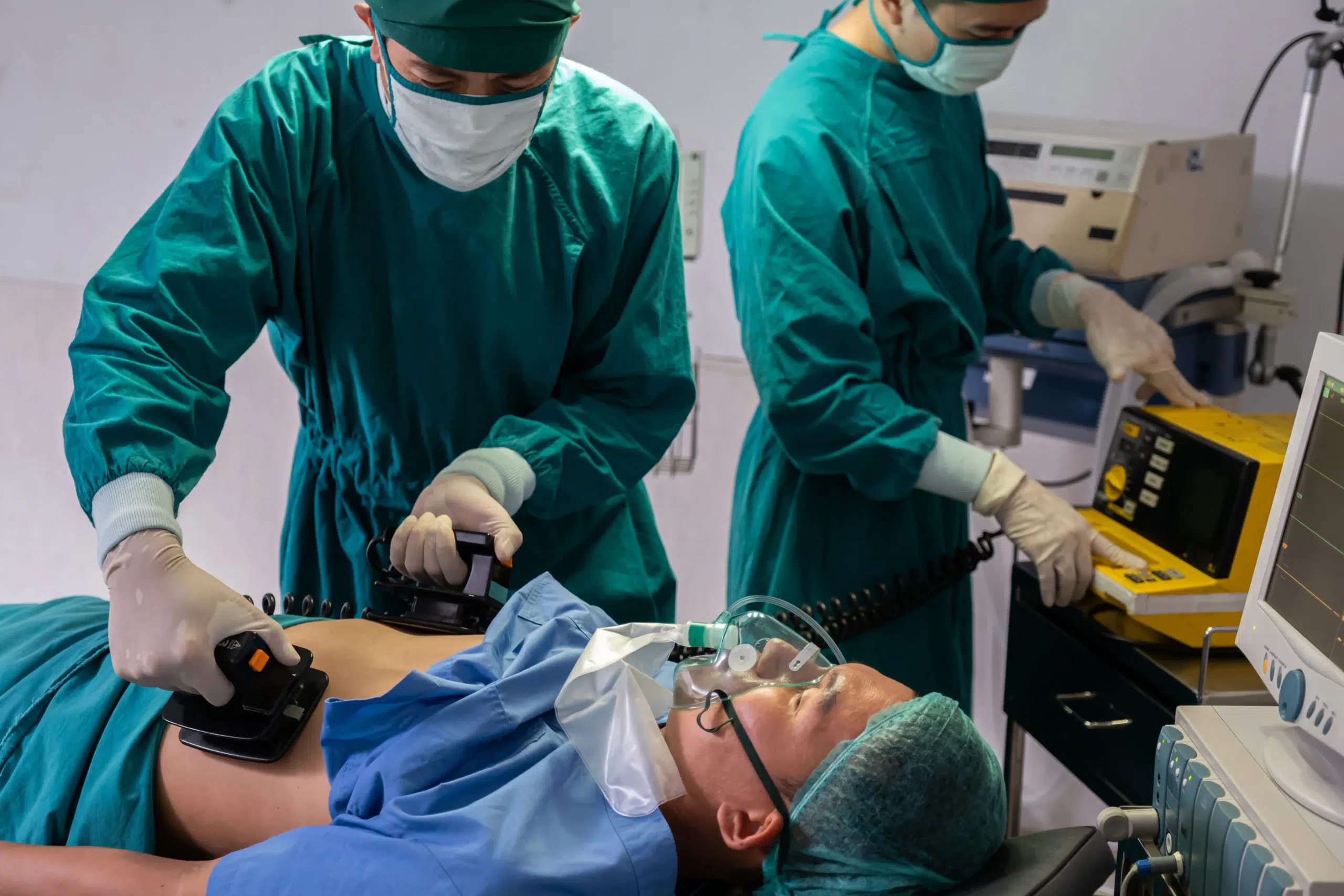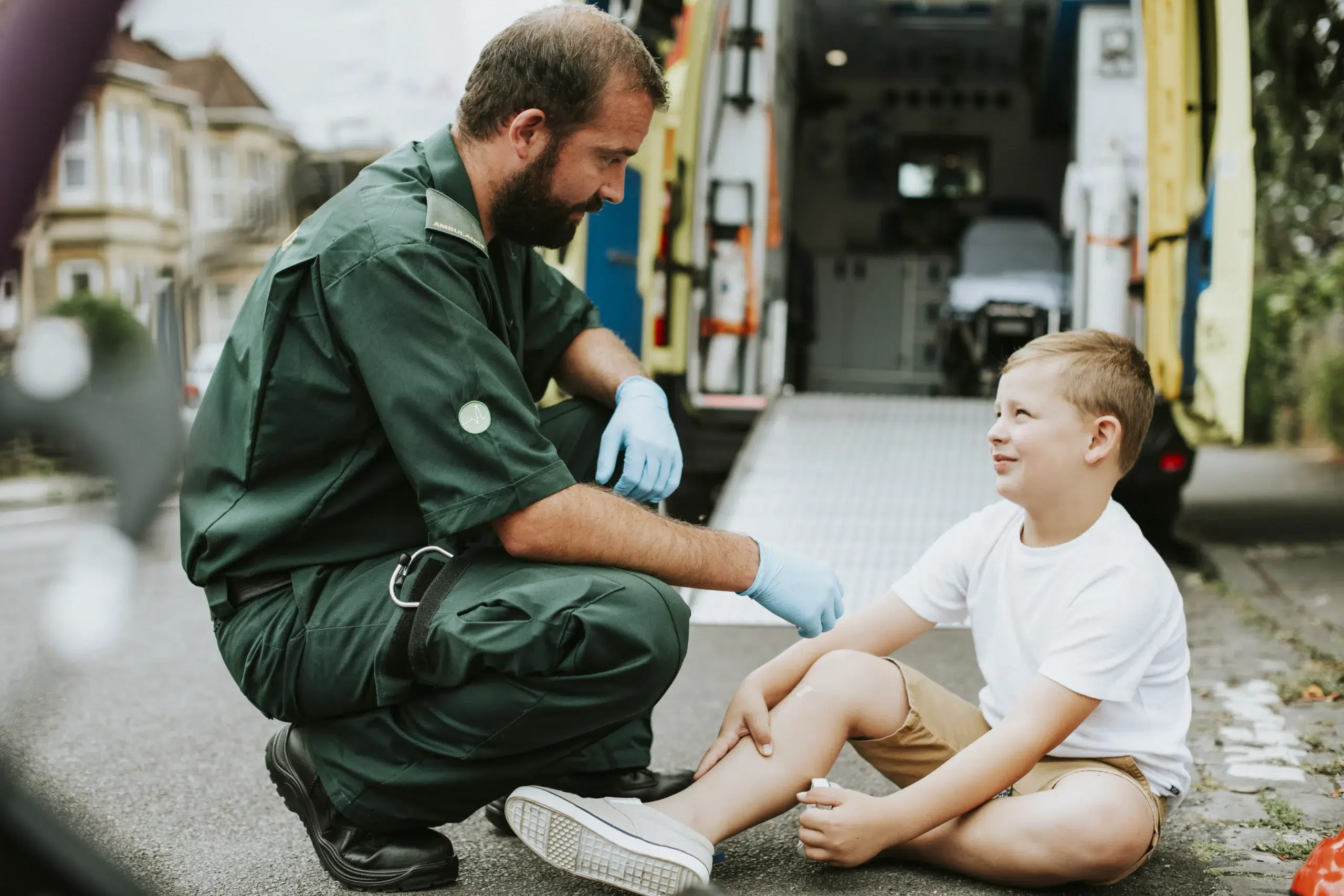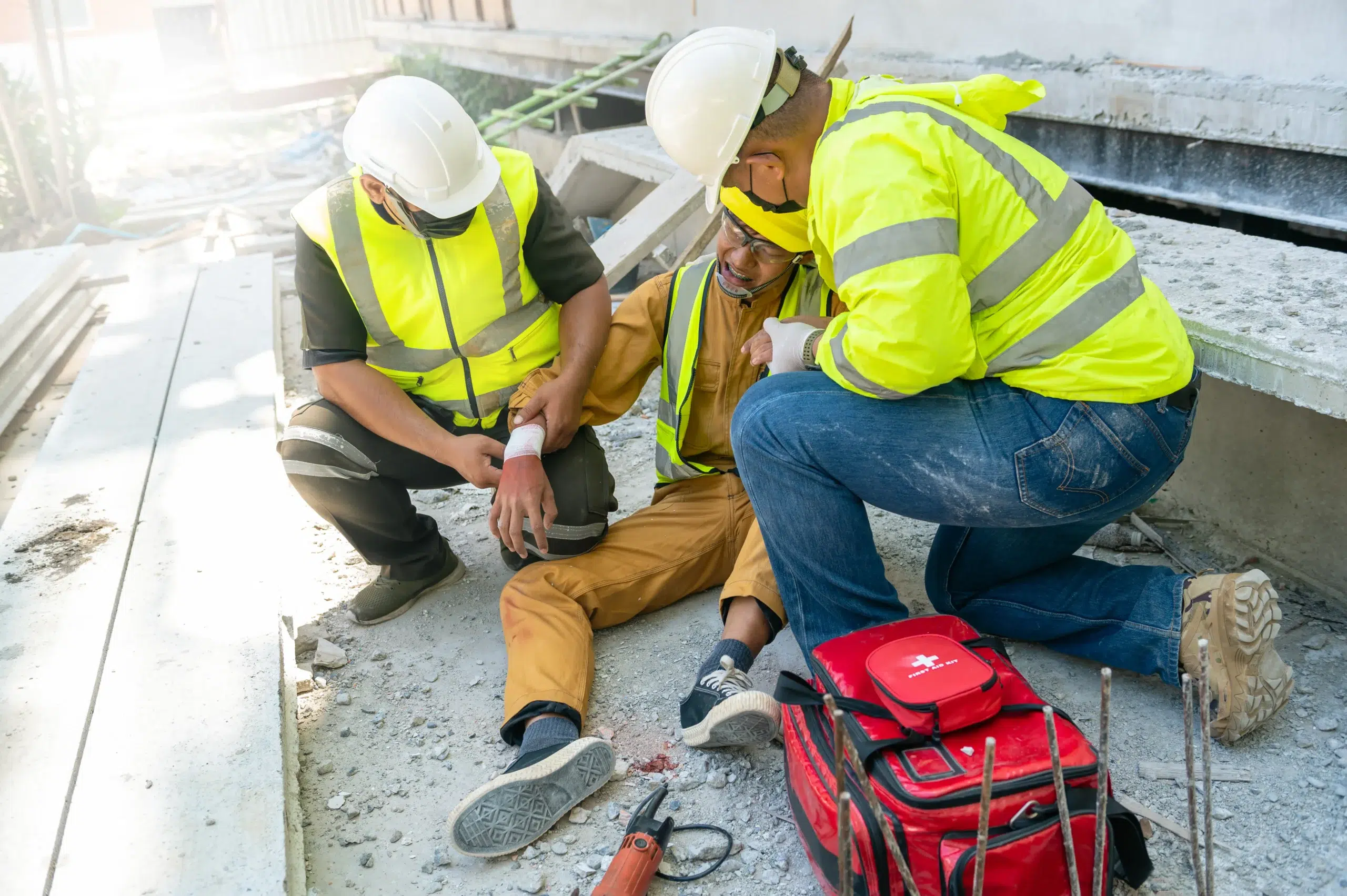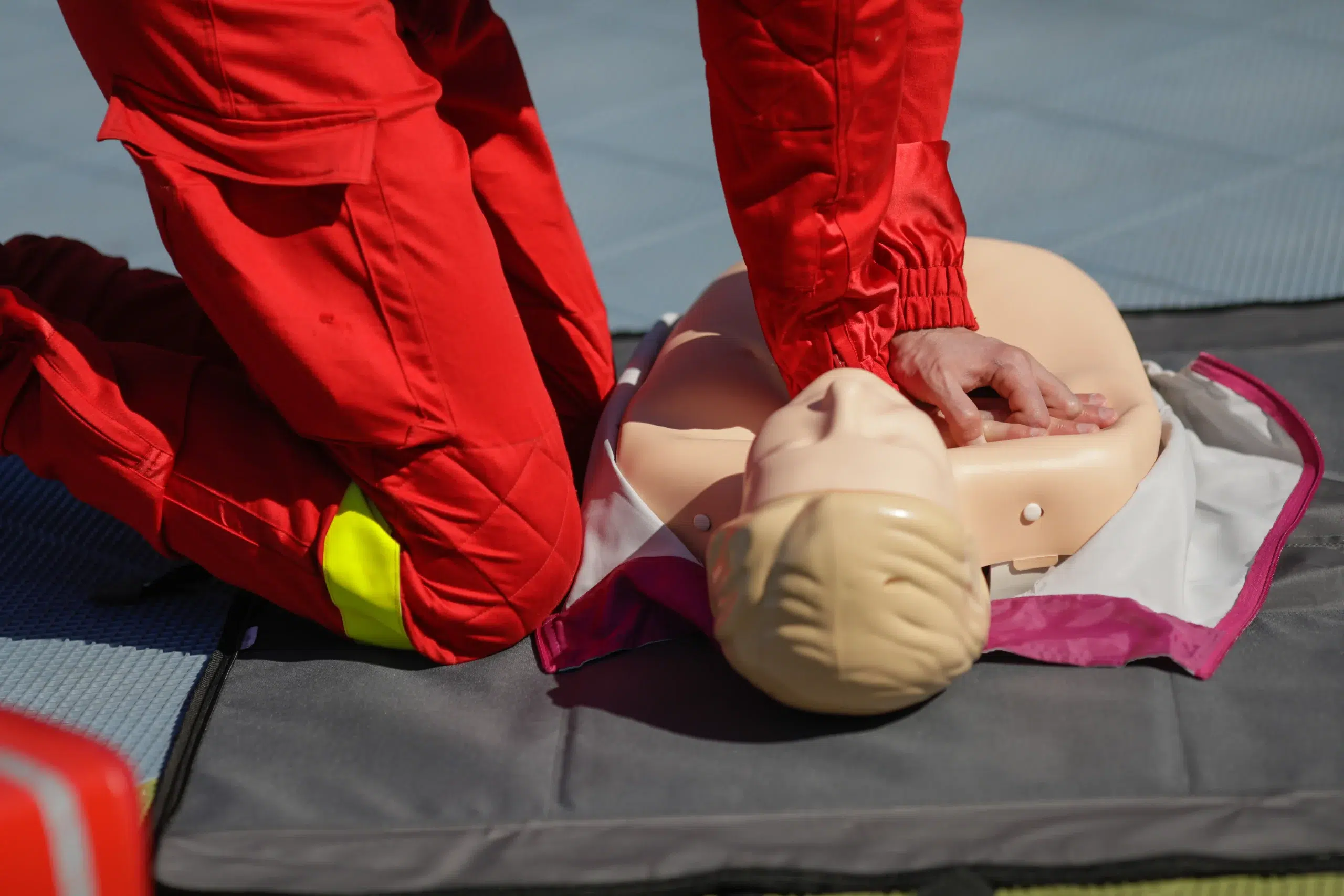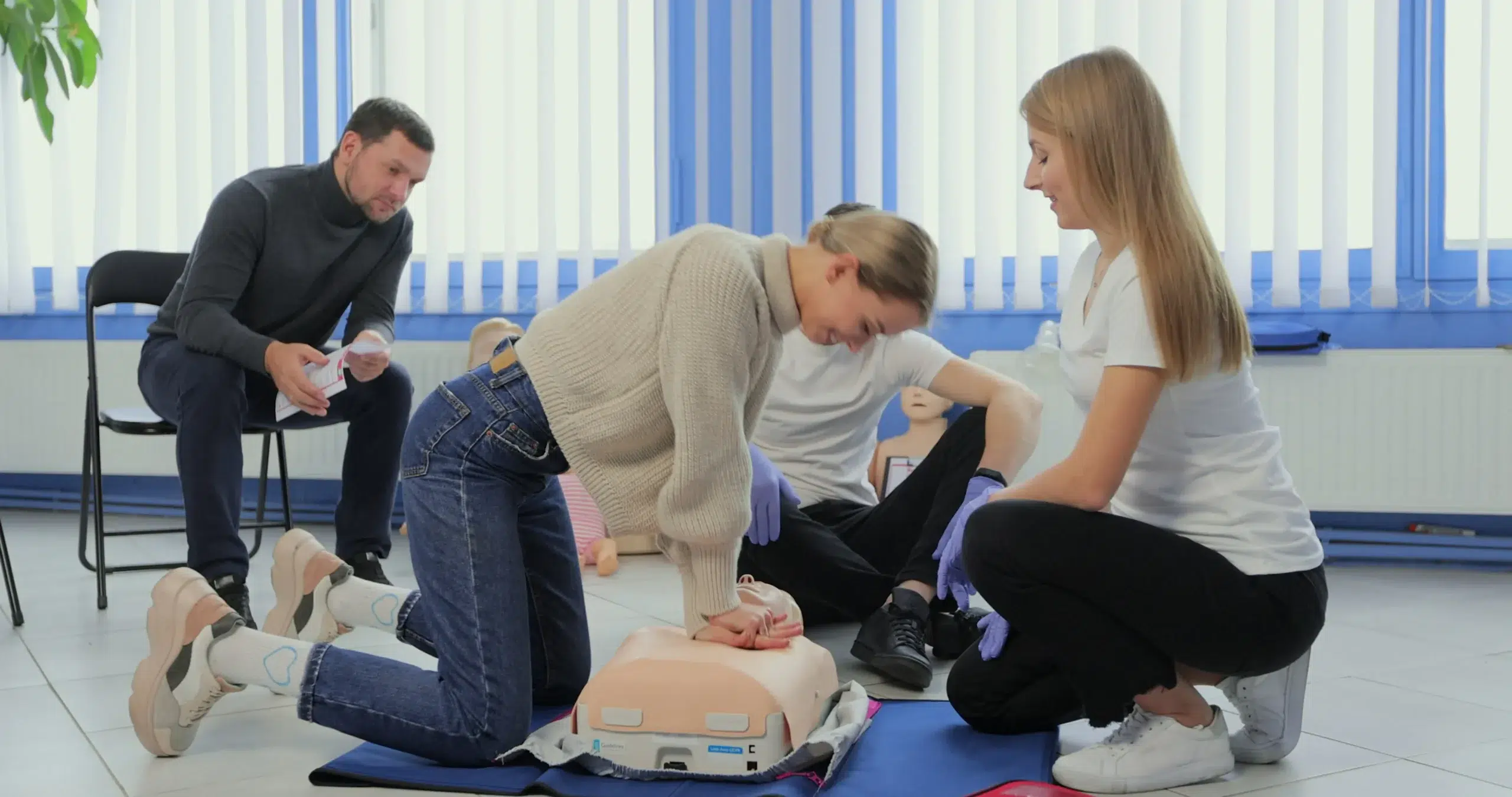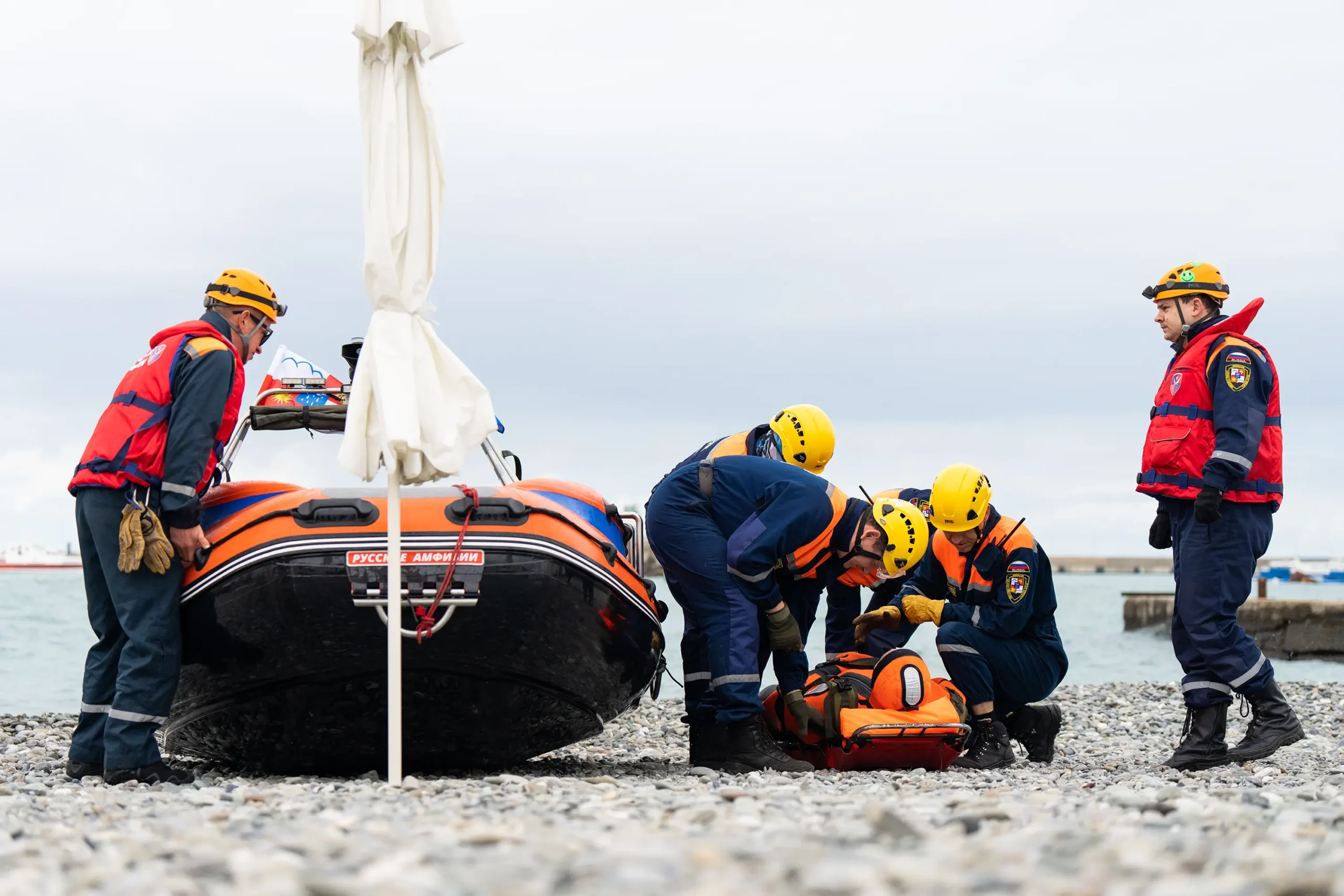Emergencies can happen anytime, anywhere. Would you know what to do if someone near you experienced a sudden cardiac arrest or started choking? BLS training courses in Millbrae empower you to respond confidently and effectively in these critical situations. BLS, or Basic Life Support, provides the essential skills to provide immediate care during life-threatening emergencies, including CPR, AED use, and airway management. This guide is your go-to resource for understanding BLS training in Millbrae. We’ll explore the various course types available, discuss what to expect during training, and provide tips for choosing the right course for your specific needs. We’ll also delve into the importance of instructor qualifications and how to maintain your certification, ensuring you’re always prepared to make a difference.
Key Takeaways
- BLS skills save lives: Whether you’re a healthcare professional or a concerned citizen, BLS training equips you to respond effectively to medical emergencies. Find a course that suits your learning style and schedule.
- Select a reputable training provider: Look for AHA-certified courses and experienced instructors with a commitment to quality training. Consider factors like cost, schedule, and available learning formats.
- Stay up-to-date: Maintain your BLS skills and knowledge through regular renewal courses and continuing education. Staying current with the latest guidelines ensures you can provide the most effective care in emergencies.
What is BLS Training?
BLS stands for Basic Life Support. It’s a critical type of medical training that teaches people how to respond to life-threatening emergencies. BLS certification equips you with the skills to perform CPR, use an AED (automated external defibrillator), and provide other essential first-aid techniques like airway management. These skills can make a real difference in the moments following a medical crisis, like a heart attack or stroke, and can even save lives. You’ll find more information on the importance of these skills at our CPR and First Aid Certification page. Knowing how to perform CPR and use an AED can be invaluable, whether at home, at work, or out in the community.
BLS training isn’t just for healthcare professionals—it’s beneficial for everyone. Whether you’re a medical student, a childcare provider, a teacher, or simply someone who wants to be prepared for an emergency, BLS training can empower you to act quickly and confidently in high-stress situations. The training covers core life-saving skills, including recognizing the signs of a cardiac arrest, performing high-quality CPR on adults, children, and infants, and understanding how to use an AED. You’ll also learn about relieving choking and basic airway management. BLS certification usually involves both a written exam and a practical skills test, and it’s typically valid for two years. This means you’ll need to recertify periodically to stay up-to-date on the latest guidelines and techniques. We offer a variety of courses, including discount group classes, to make this essential training accessible to everyone.
Best BLS Training Providers in Millbrae
Finding the right BLS training provider is crucial for a positive learning experience. Here are a few reputable options in Millbrae to consider:
Millbrae CPR Classes
Millbrae CPR Classes offers AHA-certified courses in CPR, BLS, ACLS, PALS, and First Aid. They prioritize excellent customer service, with representatives available from 8 am to 10 pm daily. Their low-price guarantee in San Mateo County makes their courses an affordable option, and the wide range of courses makes them a one-stop shop for various certification needs. They also offer discount group classes.
Safety Training Seminars
Safety Training Seminars focuses on comprehensive BLS certification courses in Millbrae. Their training equips individuals with the knowledge and skills to handle emergencies effectively. They offer a variety of AHA-certified courses, including CPR, BLS, ACLS, and PALS, catering to different healthcare professional requirements.
American Red Cross
The American Red Cross offers a blended learning BLS program combining online coursework with in-person skills sessions. This flexible format lets students learn at their own pace before demonstrating their skills with a certified instructor, ensuring both theoretical understanding and practical competency.
Other Local Options
Beyond these providers, explore other local options. Daly City CPR Classes offers various AHA-certified training options, including BLS, ACLS, PALS, and CPR/First Aid. They focus on providing convenient and affordable training, also with a low-price guarantee. Exploring these additional resources can help you find the best fit for your schedule and budget.
Available BLS Course Types
Finding the right BLS course often comes down to choosing the learning environment that best suits your schedule and learning style. Here’s a breakdown of the most common BLS course types available in Millbrae:
In-Person Training
In-person BLS training offers a hands-on learning experience with direct interaction with a certified instructor. This format is ideal for those who thrive in a traditional classroom setting and value immediate feedback. You’ll practice skills like CPR and using an AED on mannequins, allowing you to build muscle memory and confidence in a controlled environment. Millbrae CPR Classes offers comprehensive in-person BLS certification courses designed to equip you with the skills to handle emergencies. For those concerned about cost, it’s helpful to know that in-person training often involves classroom space, equipment, and instructor time, so BLS course fees in Millbrae will vary based on the training provider and included materials.
Online Courses
Online BLS courses provide a flexible alternative for busy professionals or those who prefer to learn at their own pace. These courses typically use interactive modules, videos, and online assessments. While online courses offer convenience, they often require a separate in-person skills assessment for full BLS certification. The American Red Cross offers online BLS classes that can be a good fit for those with scheduling challenges.
Blended Learning
Blended learning combines online learning flexibility with the hands-on practice of in-person training. You’ll typically complete the cognitive portion of the course online at your own speed, then attend a shorter in-person session to demonstrate your skills and receive your certification. Many blended learning courses utilize the RQI program, which offers online learning modules and skills checks. This approach can be a highly effective way to learn BLS, offering both convenience and practical application. You can find more information on blended learning options from providers like Daly City CPR Classes.
BLS Course Content & Structure
BLS certification focuses on providing immediate care during life-threatening emergencies. This includes recognizing emergencies, performing high-quality CPR, using an AED, and relieving choking. It’s a vital skill set for healthcare providers and anyone who wants to be prepared to help in a crisis. For those working with children, the EMSA Child Care Health & Safety course offers additional specialized training.
Key Topics
BLS training covers essential life-saving techniques. You’ll learn how to perform CPR for adults, children, and infants, including how to use an automated external defibrillator (AED). Airway management is another key component, teaching you how to clear an obstructed airway and provide rescue breaths. The course also emphasizes the importance of teamwork and communication during emergencies. These skills are beneficial for both healthcare professionals and anyone in the general public interested in CPR and first-aid certification.
Hands-on Practice
Hands-on practice is a cornerstone of effective BLS training. You’ll work with realistic mannequins and AED trainers to simulate real-life emergency scenarios. This practical experience builds your confidence and competence in performing CPR and other essential skills. The RQI program offered by Millbrae CPR Classes provides healthcare professionals with ongoing practice and skills maintenance.
Certification Process
BLS certification typically involves both a written exam and a practical skills test. You’ll need to demonstrate your understanding of the key concepts and your ability to perform the skills correctly. Once you successfully complete both components, you’ll receive your BLS certification, which is usually valid for two years. Check out Millbrae CPR Classes’ low price guarantee to find affordable options for your training. They also offer discount group classes, a great option for families, businesses, or community groups.
Instructor Qualifications
When choosing a BLS training course, the instructor’s qualifications are just as important as the curriculum. A highly qualified instructor can make all the difference in how much you get out of the course. Look for instructors who hold current certifications from a recognized organization like the American Heart Association. This certification demonstrates they’ve met specific criteria and are knowledgeable about current BLS protocols.
Beyond initial certification, experienced instructors pursue continuing education to stay on top of the latest advancements in emergency cardiovascular care. This dedication to ongoing learning means they can offer students the most current and effective life-saving techniques. Instructors should also be affiliated with accredited training centers that follow strict guidelines and uphold high standards for instruction. This accreditation provides extra assurance that your training will be thorough and aligned with industry best practices. A great instructor will not only teach the material but also foster a supportive learning environment where you feel comfortable asking questions and practicing your skills.
Comparing Millbrae BLS Courses
When choosing a BLS course in Millbrae, consider these key factors to find the best fit for your needs and budget. Don’t hesitate to contact providers directly—they’re usually happy to answer questions.
Cost & Pricing
BLS course fees in Millbrae typically range from $60 to $90, depending on the training provider, the course format (online or in-person), and included materials. Initial certification courses tend to be closer to $90, while renewal courses are usually around $60. Millbrae CPR Classes offers a low price guarantee, so you can feel confident you’re getting a competitive rate.
Discounts
Many training providers offer discounts, especially for group bookings or returning students. This can be a great option for workplaces or families learning together.
Course Duration & Schedule
BLS courses generally take around four to six hours to complete, whether you choose an in-person or online format. Look for a provider with a schedule that works for you. Millbrae CPR Classes offers daily classes in over 60 cities, making it easier to find a convenient time and location.
Certification Validity
BLS certification is typically valid for two years. Regular renewal ensures you stay up-to-date with the latest life-saving techniques and guidelines from the American Heart Association. Remember to factor renewal costs into your long-term training budget. CPR and First Aid certification courses are essential for many healthcare professionals.
What to Expect in BLS Training
So, you’ve signed up for a BLS course—congratulations! Knowing what lies ahead can help you feel prepared and confident. Here’s a glimpse into a typical BLS training experience:
Classroom Experience
BLS training courses offer a comprehensive learning environment. Expect a mix of interactive lectures, discussions, and demonstrations. Instructors often use real-life scenarios to illustrate key concepts and help you understand how to apply your skills. This hands-on approach, like the one used at Safety Training Seminars, ensures learners are well-prepared for actual emergencies. Don’t hesitate to ask questions—your instructor is there to support you.
Skills Assessment
A crucial part of BLS training involves demonstrating your skills. You’ll practice essential techniques like CPR, using a computerized manikin. As Bay Area CPR points out, the skills test may not always have an instructor physically present, but assistance is readily available. This allows you to focus on performing the skills correctly and building your confidence.
Exam & Certification
Most BLS courses include both written and practical exams to assess your understanding and proficiency. Once you successfully complete these, you’ll receive your BLS certification card. This certification, typically valid for two years (as explained by Bay Area CPR and San Mateo CPR Classes), demonstrates your competence in basic life support. It’s a valuable credential for healthcare professionals and anyone who wants to be prepared to help in a medical emergency.
Choosing the Right BLS Course
Finding the right BLS course involves more than a quick Google search. It’s about finding the best fit for your specific needs and learning style. This section breaks down key factors to consider when making your decision.
Assess Your Needs
Before you start browsing courses, take a moment to consider your own requirements. Are you a healthcare professional needing BLS certification for your job? Or are you a concerned citizen wanting to learn essential lifesaving skills? Your specific needs will influence the type of course you choose. For example, healthcare providers often require AHA-certified BLS courses, while others might find a more general CPR and first-aid course sufficient. Think, too, about your current knowledge level, learning preferences (in-person vs. online), and any time constraints you might have.
Evaluate Provider Reputation
Not all BLS courses are created equal. It’s essential to research the training provider’s reputation and credentials. Look for providers offering AHA-certified courses, as this ensures the training meets the highest standards. Check reviews and testimonials to understand past participants’ experiences. Consider factors like instructor experience and the provider’s overall commitment to quality training. Millbrae CPR Classes offers a range of AHA-certified courses. For those near Millbrae, Daly City CPR Classes also provides convenient and affordable AHA-certified options.
Consider Convenience & Flexibility
Life gets busy, so finding a course that fits your schedule is crucial. Consider factors like class location, dates, and times. Daily classes can be a great option for those with packed schedules. Explore whether the provider offers different learning formats, such as in-person, online, or blended learning. Finally, don’t forget to factor in cost. Many providers offer discounts for group bookings or returning students, so be sure to ask! A provider’s low-price guarantee can also help you find the most affordable option.
Maintaining Your BLS Certification
Keeping your BLS skills sharp is essential for providing effective care in emergencies. This section covers how to maintain your certification and stay up-to-date with the latest life-saving techniques.
Renewal Requirements
Just like any important skill, your BLS certification requires regular renewal. This ensures you stay proficient in life-saving techniques and current with the latest American Heart Association guidelines. Instructors also undergo periodic recertification to maintain their knowledge of evolving protocols and best practices. This commitment to ongoing education benefits both instructors and students, ensuring high-quality training. Check with your certifying organization, such as the American Heart Association, for specific renewal requirements.
Continuing Education
Beyond renewing your certification, continuing education is crucial for staying at the top of your game. The medical field is constantly evolving, so staying informed about the latest guidelines and techniques is vital. Regularly review updated resources and look for workshops and online courses that focus on advanced techniques and emerging best practices in emergency cardiovascular care. This ongoing learning will enhance your teaching and boost your confidence in any emergency situation.
BLS Training’s Impact on Healthcare & Community Safety
BLS training goes beyond simply checking off a requirement—it creates a ripple effect of positive change across healthcare and community safety. Emergencies can happen anytime, anywhere. Equipping individuals with life-saving skills like CPR creates a network of potential first responders ready to act when seconds count. This has a profound impact on patient outcomes, survival rates, and the overall resilience of our communities.
For healthcare professionals, BLS certification is foundational. It empowers nurses, doctors, and other providers to respond effectively to critical situations, improving patient care and building a culture of safety within medical facilities. Studies show a direct correlation between BLS training and increased confidence among healthcare workers in managing emergencies. This confidence translates to quicker interventions, better patient outcomes, and a stronger sense of preparedness within the healthcare system. Beyond the clinical setting, BLS skills are invaluable for anyone working in roles involving patient interaction, from physical therapists and acupuncturists to personal trainers and coaches. Effective BLS training builds confidence in medical professionals, empowering them to save lives.
But the impact of BLS training extends far beyond the walls of hospitals and clinics. In our communities, BLS-trained individuals become invaluable assets. They can provide immediate assistance during medical emergencies at home, in the workplace, or out in public. BLS certification equips people to respond to cardiac arrests, choking incidents, and other life-threatening events, potentially bridging the gap until professional help arrives. This widespread knowledge of BLS creates safer communities, where more people are prepared and empowered to act in times of crisis. Parents, teachers, childcare providers, and even those working in seemingly unrelated fields like construction or education can benefit from having these skills, contributing to a more resilient and prepared community. Knowing what to do in a crisis reduces hesitation and empowers individuals to take charge, ultimately saving lives.
Related Articles
- Find BLS Training Near Me: A Practical Guide – Millbrae CPR Classes
- BLS Certification Near Me: Your Complete Guide – Millbrae CPR Classes
- Find BLS Courses Near You: Your Ultimate Guide – Millbrae CPR Classes
- BLS in Daly City: Your Guide to Courses & Certification – Millbrae CPR Classes
- BLS Classes in Daly City: Your Complete Guide – Millbrae CPR Classes
Frequently Asked Questions
Is BLS certification only for healthcare professionals? Not at all! While essential for healthcare providers, BLS certification is valuable for anyone who wants to be prepared for a medical emergency. Parents, teachers, coaches, and anyone interested in learning life-saving skills can benefit from BLS training. It empowers you to respond effectively in critical situations, whether at home, at work, or in your community.
What does a BLS course typically cover? BLS courses cover core life-saving techniques, including high-quality CPR for adults, children, and infants, AED use, and how to relieve choking. You’ll learn to recognize the signs of a medical emergency and how to provide basic airway management. The training emphasizes both theoretical knowledge and practical skills, giving you the confidence to act quickly and effectively.
How long does BLS certification last, and how do I renew it? BLS certification is generally valid for two years. To renew, you’ll need to retake a BLS course before your current certification expires. This ensures your skills and knowledge are up-to-date with the latest guidelines from organizations like the American Heart Association.
What are the different types of BLS courses available? BLS courses are offered in various formats to suit different learning styles and schedules. In-person classes provide hands-on training with direct instructor interaction. Online courses offer flexibility for those who prefer to learn at their own pace, often combined with an in-person skills assessment. Blended learning combines online coursework with a shorter in-person skills session.
How do I choose the right BLS training provider? Look for providers offering courses from recognized organizations like the American Heart Association. Consider factors like instructor qualifications, course format (in-person, online, or blended), schedule flexibility, cost, and overall reputation. Reading reviews and testimonials can offer valuable insights from past participants. Don’t hesitate to contact providers directly with any questions you have.
